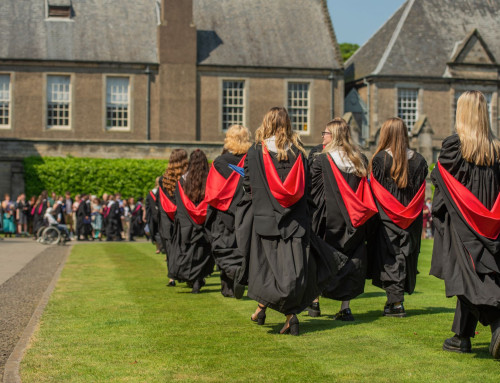What does it mean to be world-leading in alumni relations?
Aluminati was proud to sponsor the Introduction to Advancement Leadership conference, hosted by CASE, which kicked off at the beginning of November with talks covering various topics with panels of industry leaders and experts leading the conversations.
The first in the series discussed what it means to be world-leading in alumni relations and how one can measure the success of alumni relationship programmes across institutions.
John Feudo, Vice Chancellor for Advancement at the University of Massachusetts Lowell, USA, suggested that only universities themselves can decide what a world-class programme is and that institutions need to decide for themselves what metrics and best practices work for them.
It is widely agreed that physical events have, up until the recent COVID-19 pandemic, been one of the keys to alumni engagement success. Clearly, nearly all physical events have been unable to take place in 2020. Virtual events have become commonplace and the new way of engaging with students and alumni. But virtual events are not the be-all and end-all of alumni engagement.
It is important that institutions remain mindful of the needs of their alumni to ensure their requirements are being met. “Provide those requirements, and you will be world-class”, says John Feudo. But can the phrase ‘world-class’ become a distraction to institutions?
Nathalie Trott, Director of Development and Alumni Relations at Queen’s University Belfast, UK warned that it is easy to be distracted from an institution’s alumni relationship programmes by the goals of philanthropy. Reaffirming the notion of listening to alumni and taking on board their needs, Nathalie suggests that alumni should be involved in the decision-making process when setting goals for the university’s programmes.
This, in turn, will help define the key performance indicators of any alumni relationship programme above and beyond the basic (but essential) metrics of ‘was it delivered on time?’ and ‘was it delivered on budget?’. KPIs for alumni relations can be more nuanced than say fundraising programmes, which only really need to ask ‘was enough money raised??’. Dr. James Allan, Director of Alumni Relations at the University of Melbourne, Australia, stated that through a study of relevant data, programmes with the highest retention are those with a degree of mentoring. The importance of mentoring and its effects on employability can be explored further in our own white paper on the subject.
Identifying what worked and what did not in an alumni relations programme is an important step to growing and improving. A regular review process of the goals will help to define the KPIs moving forward. Goals can always be changed if they lead to unintended negative consequences.
Dr. Allan noted that if an institution’s success was based on the number of face to face interactions with Alumni, then the COVID-19 pandemic would have caused this to be an unmitigated failure. Universities must adapt their goals and campaign metrics in light of changing circumstances.
Overall, the panel gave three key characteristics of top alumni relations leaders.
- Be a good listener – Dr. Allan
- Flexibility, open-mindedness and lack of ego – Nathalie Trott
- Loyalty. Be loyal, expect loyalty and be loyal to your team and the mission – John Feudo
Since the best alumni relations programmes involve mentoring why not arrange a chat with an expert mentoring consultant?





